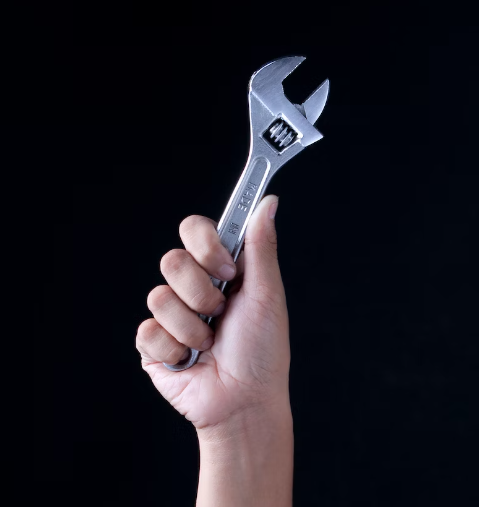Like any mechanical or electrical equipment, electric motors can experience issues and malfunctions over time. When you encounter problems with an electric motor, the question often arises: should you repair it or replace it? The answer depends on various factors, and knowing when to call a professional or industrial electric motor repair shop can save you time, money, and ensure the safety of your equipment.
1. Age of the Electric Motor
Electric motors are a crucial component in various applications, from industrial machinery to household appliances. They provide power and motion to a wide range of devices, making them essential for our daily lives. An industrial electric motor repair shop can help you determine what is wrong with your motor. What should you look out for?
The age of the electric motor is a critical factor in determining whether to repair or replace it. Older motors may have worn-out components, outdated technology, and a decreased overall efficiency. In some cases, it may be more cost-effective and practical to invest in a newer, more energy-efficient motor rather than repairing an old one.
2. Extent of Damage
Assess the extent of the damage to the electric motor. Minor issues like loose wiring, worn-out brushes, or small component failures can often be repaired relatively easily and at a lower cost. However, if the damage is extensive, involving major components like the rotor or stator, or if the motor has been severely overheated or damaged due to a power surge, replacement might be the better option.
3. Cost of Repairs
Consider the cost of repairs compared to the cost of replacing the motor. If the estimated repair cost is close to or exceeds the cost of a new motor, it may be more financially sensible to invest in a replacement.
4. Energy Efficiency
Modern electric motors are often designed to be more energy-efficient, which can result in long-term cost savings. If your motor is outdated and consumes more energy than newer models, it might make sense to replace it, even if the initial cost is higher. Energy-efficient motors can reduce electricity consumption and lower operating costs over time.
5. Availability of Replacement Parts
For older or less common motor models, finding replacement parts may take time and effort. If the motor’s manufacturer has discontinued the production of the model or the parts are difficult to obtain, repair may not be a viable option. In such cases, replacing the motor with a newer, more readily available model is a practical solution.
6. Downtime and Production Loss
If the electric motor is a crucial component in an industrial or manufacturing setting, downtime can be expensive. Repairs may take time, and if you rely heavily on the motor for production, replacing it with a new one can minimize disruption and keep your operations running smoothly.
Contact LN Electric Today
When dealing with electric motor issues, the decision to repair or replace depends on various factors, including the age of the motor, the extent of damage, the cost of repairs, energy efficiency, parts availability, downtime, safety concerns, and professional evaluation.
By carefully assessing these factors and seeking the expertise of a qualified technician, you can make an informed decision that ensures the reliable operation of your equipment, cost-effective solutions, and safety compliance. Whether you choose to repair or replace, addressing electric motor issues promptly is essential to maintain the functionality of your equipment and prevent further damage.

